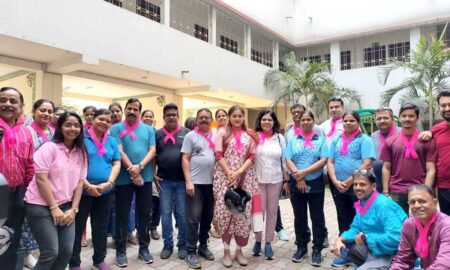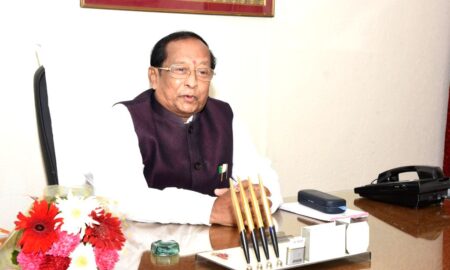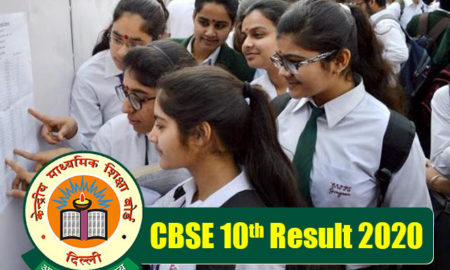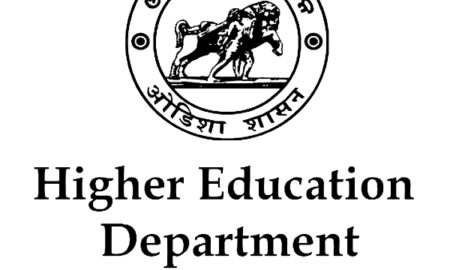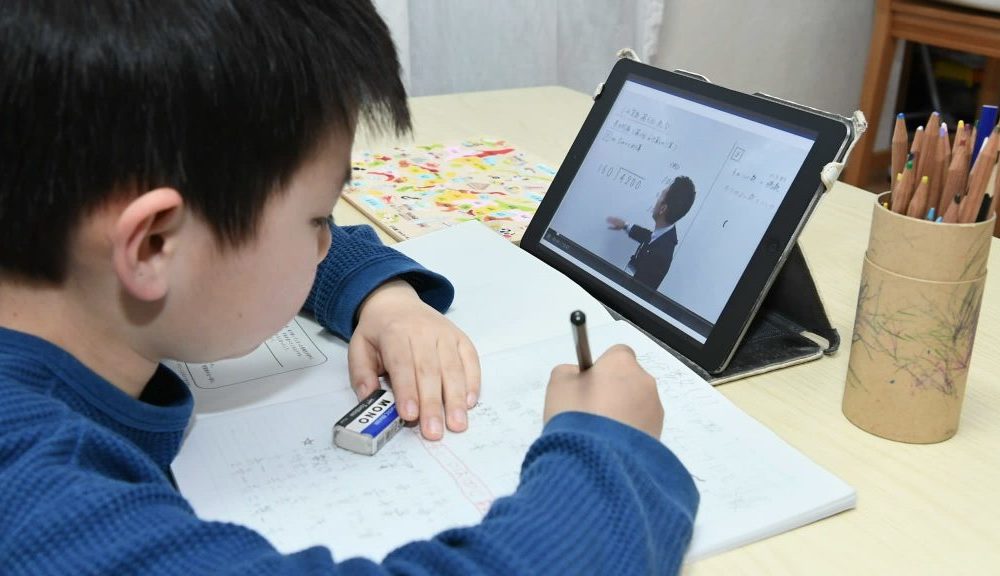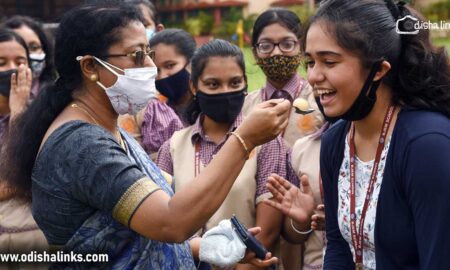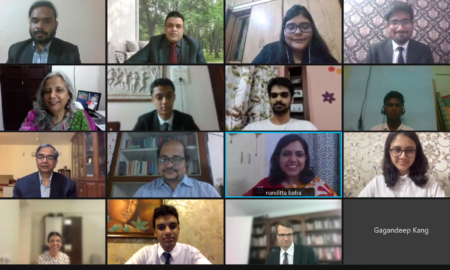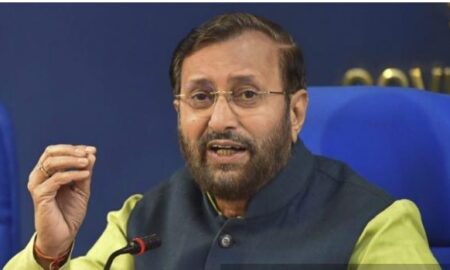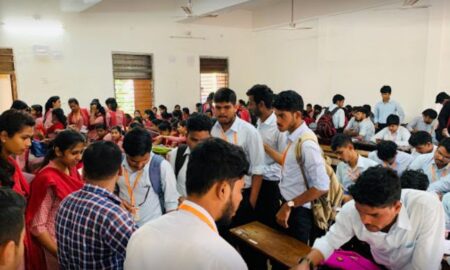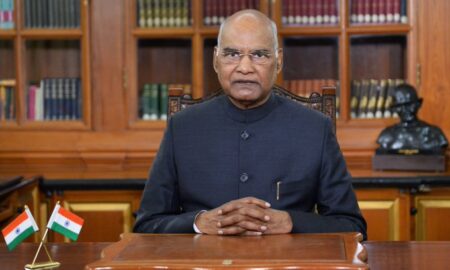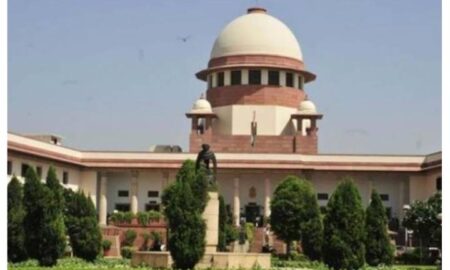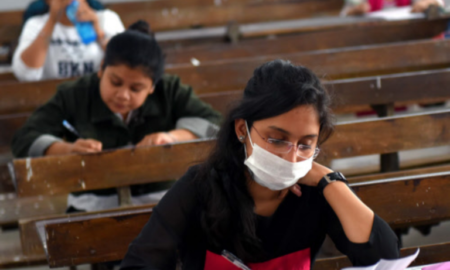More in Education Buzz
-
Karnataka Hijab Row: HC Forms Three Judge Bench
Share the newsThe Karnataka High Court on Wednesday formed a three judge bench led by the Chief Justice Ritu Raj Awasthi,...
February 10, 2022 -
CBSE Class 10th Results Declared. BJEM School, Bhubaneswar Gives 100% Results
Share the newsThe Central Board of Secondary Education declared the class 10th results on Tuesday afternoon. While the results of this...
August 3, 2021 -
1ST NLUO Public Health Law National Moot Court Competition Comes To An End
Share the newsThe four day long 1st NLUO PHFI Public Health Law National Moot Court Competition concluded today after a stellar...
June 28, 2021 -
Prakash Javadekar: Revolutionary NEP 2020 Will Double The Gross Enrolment Ratio In 10 Years
Share the newsNew Delhi : Terming the National Education Policy (NEP) 2020 as a revolutionary reform of the 21st century, Union...
September 5, 2020 -
UG Admissions To Start From This Date In Odisha
Share the newsBhubaneswar: The online Plus-III admission in Odisha will start from September 8. The Higher Education Department has issued a...
September 4, 2020 -
President Ram Nath Kovind To present National Award To 47 Awardees Virtually On Teachers Day
Share the newsNew Delhi : President of India Ram Nath Kovind will virtually confer National Award to Teachers in New Delhi...
September 4, 2020 -
University Free To Hold Exams For 1st, 2nd year Students: SC
Share the newsNew Delhi : The Supreme Court on Thursday said that Universities were free to conduct examinations for the semester...
September 4, 2020 -
HE Dept. Writes To DCs, To conduct Exams In Colleges Smoothly
Share the newsBhubaneswar : The Higher Education Department has requested all the District Collectors and Municipal Commissioners of five municipalities to...
September 4, 2020 -
Odisha Plus Two Arts Result On Sep 5; Informs Minister Samir Dash
Share the newsBhubaneswar : The Plus-two Arts results will be declared on September 5 at 4 pm, informed School and Mass...
September 3, 2020


